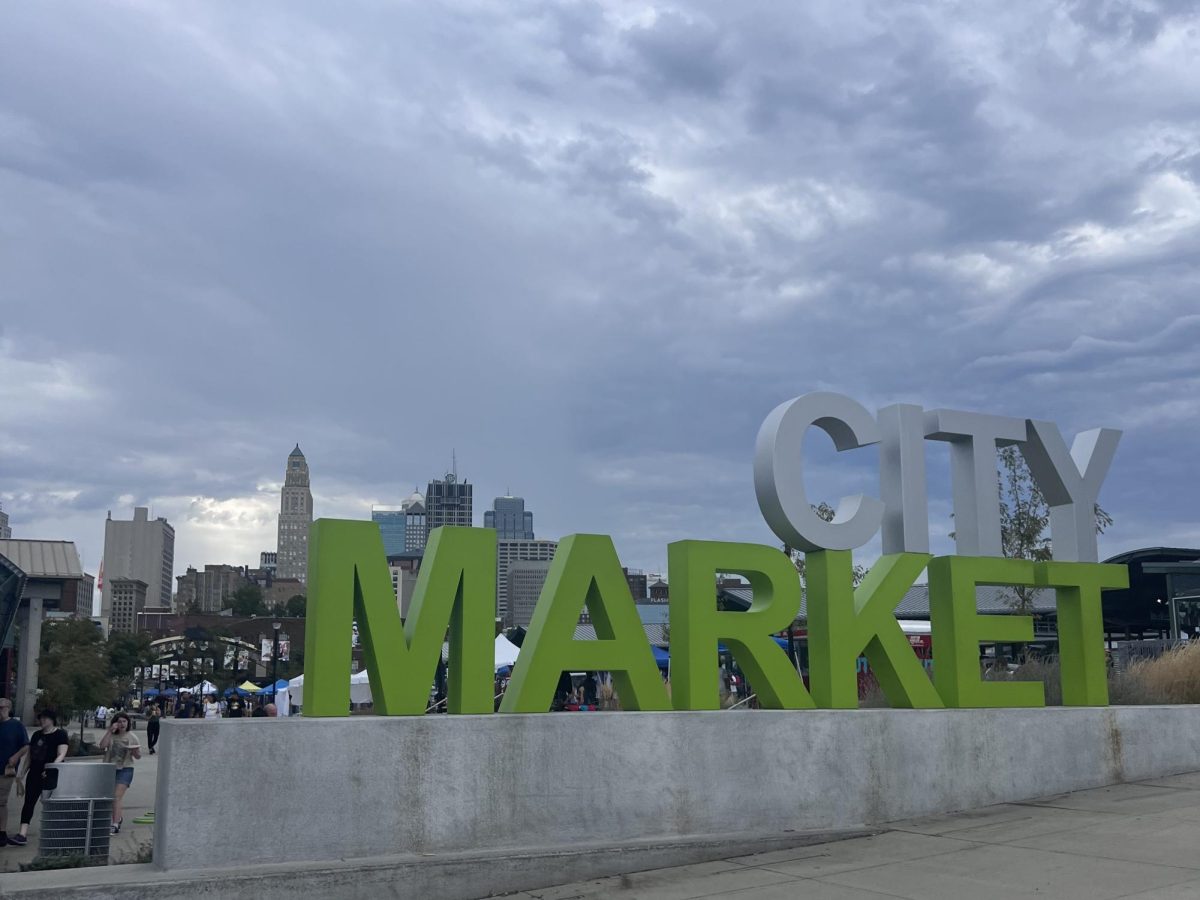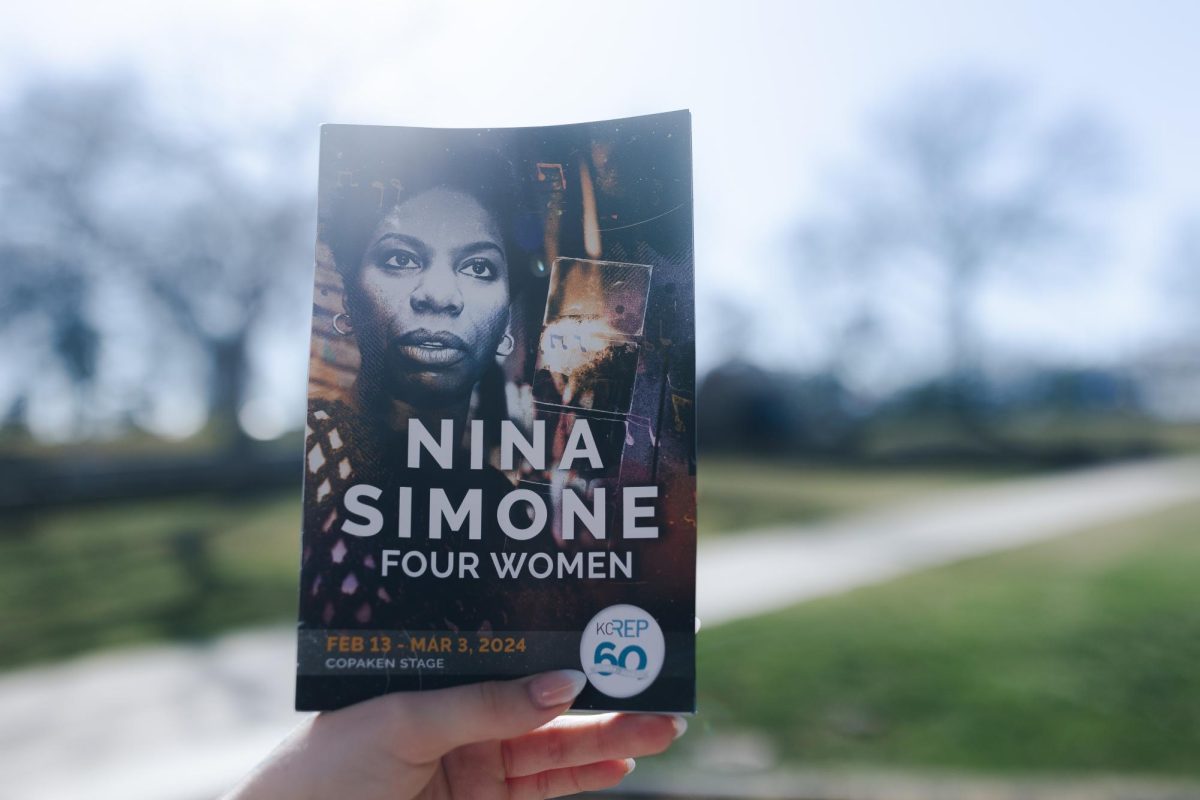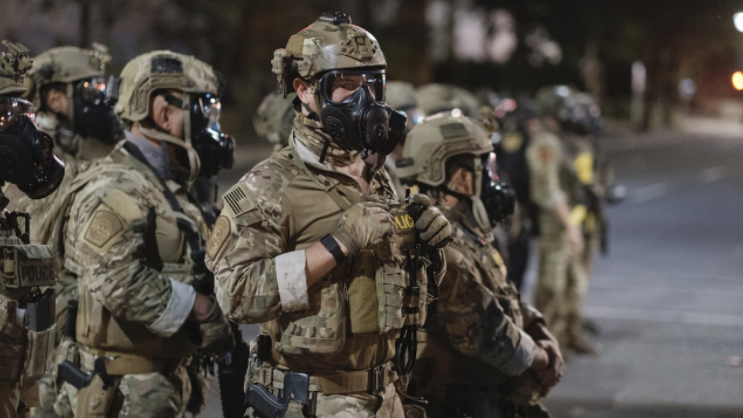Operation LeGend has nearly come to an end in Kansas City following the announcement last Wednesday that almost all federal agents had withdrawn.
It consisted of a taskforce of federal and local law enforcement aimed at cracking down on violent crime in cities across the US. It was named after four-year-old LeGend Taliferro, who was shot and killed in Kansas City on Jun. 29.
The Department of Justice first announced the initiative, which would send more than 200 federal agents into Kansas City to aid local law enforcement, on Jul. 8. The announcement came less than a week after KC Mayor Quinton Lucas published a letter to Missouri Governor Mike Parson calling for assistance with rising violent crime numbers in KC.
“Since I was sworn into office eleven months ago, no issue has presented a greater challenge to my city than the epidemic of violent crime, particularly gun violence, on the streets of Kansas City,” Lucas wrote. “We are at a crisis point in Kansas City and we need state legislative action.”
The move was not without criticism. Protests erupted in Kansas City on Jul. 17 in response to the announcement at the same time as protests regarding police brutality took place across the nation.
Some protestors disagreed with the use of Taliferro as the namesake of the federal operation.
“He’s a young Black man,” said an organizer from community group Black Rainbow, who identifies as X, to the KC Star. “He does not deserve to be the poster child for martial law.”
Activists called for money devoted to the taskforce to be diverted, requesting 50% of the funds be given to organizations around the city for needs such as housing, health and education.
Now that the taskforce is coming to an end in KC, questions have arisen regarding its effectiveness. The Department of Justice announced that the operation has resulted in the arrest of more than 2,000 people, including 147 homicide suspects. Among those arrests was 22-year-old Ryson Ellis, who has been charged with the alleged murder of Taliferro.
UMKC professor and criminologist Ken Novak has a mixed perspective about the operation’s success, despite the arrest reports.
“I am unsure whether Operation Legend worked,” Novak said. “There appears to be quite a few arrests attributed to Op Legend, quite a bit of evidence recovered, and it sounds like they were able to clear quite a few cases, including homicides.”
Novak emphasized that operations such as these usually have little impact in the long term.
“Surges or crackdowns in law enforcement tend to reduce crime in the short term, but long-term impacts of crackdowns are uncommon,” Novak said. “ Often there is an initial deterrence effect, which quiets the streets, but this tends to decay and the streets get back to normal.”
Professor Novak also pointed out that the real implications will be unclear for some time, well after the surge in law enforcement has died down.
“If the conditions that made criminal opportunities have not changed, then smart money is that crime rates will return to pre-intervention levels,” Novak said.













